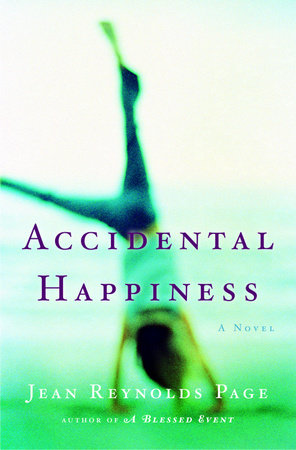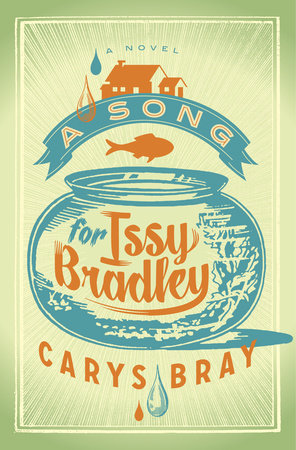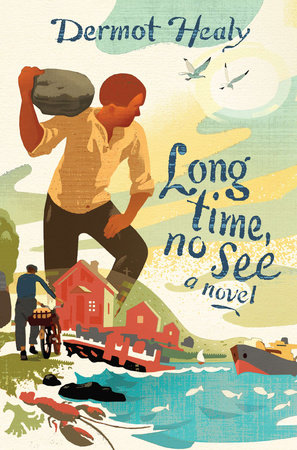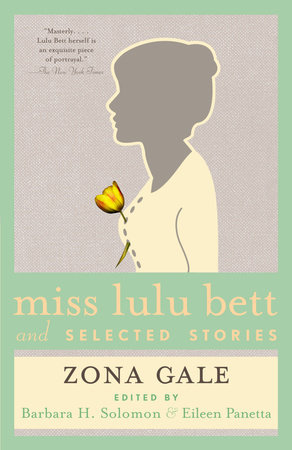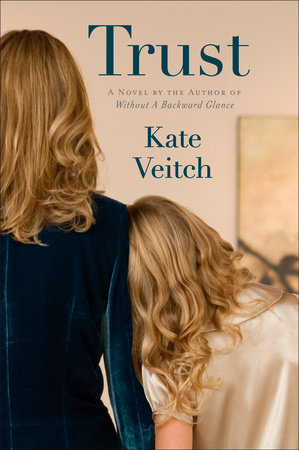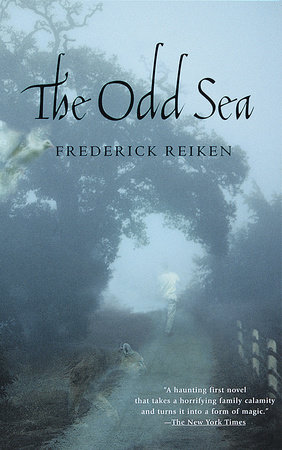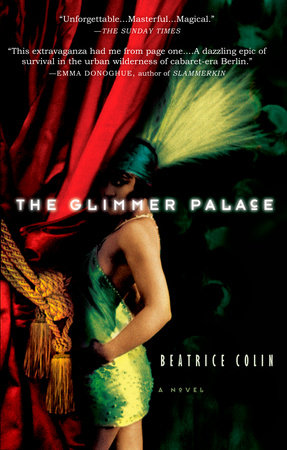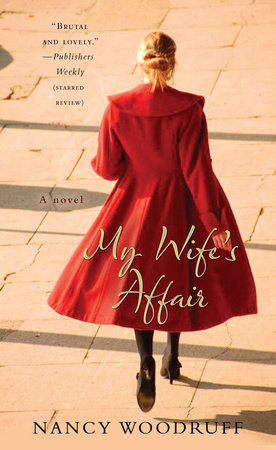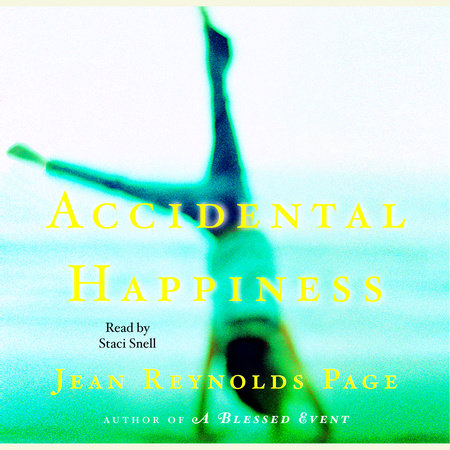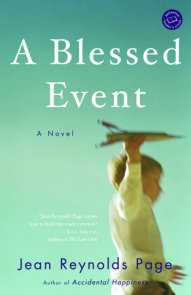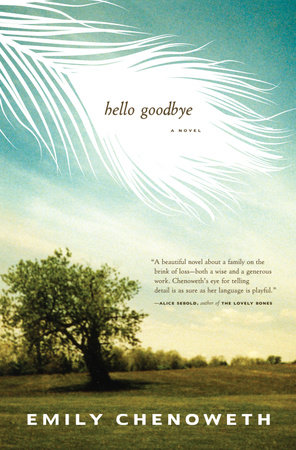Author Q&A
A Conversation with Jean Reynolds Page
Diane Hammond is a writer and the author of two novels: Homesick Creek and Going to Bend. She lives in Burbank, California.
Diane Hammond: Your characters hold themselves and those around them to a very high moral standard. Is this a basic human obligation? If so, are we any good at it?
Jean Reynolds Page: I believe that it is the way we like to see ourselves. Whether we succeed or not, I think most people want to feel that it is possible to live within a code of deep humanity. For this reason, Gina must consider what responsibility she has toward a child her husband has embraced. It occurs to Gina much later in her relationship with Angel that the girl could actually offer something back to her.
DH: Much of your writing explores the need for family–families we are born to and those we assemble. Is this a universal human need, or one more common in women than in men?
JRP: Family is a universal need, I believe, but circumstances, more than gender, determine how family occurs. When I lived away from any of my relatives for the first time, I had moved to New York City after college. I made a lot of friends, but found only a small selection of people with whom I bonded on a much deeper level. This group included both women and men. We cared for each other when we got sick; celebrated promotions and birthdays together. They were my first line of defense against being overwhelmed by life. Our trust, our emotional commitment to each other, made us family–and when I see them now, we still respond to each other in those same familial terms. After she was widowed, Gina didn’t have a natural family to which she could turn, so she allowed Maxine and Lane inside that emotional circle. In a way, their “adoption” of her when she needed them opened her to the idea of an assembled, unconventional family–an idea that carried through after the arrival of Reese and Angel. The added bond of love for Ben gave further weight to this uncommon alliance.
DH: The story in Accidental Happiness peels back layer after layer of events, truths and emotions, and each layer informs the next. Did you know the entire story before you began to tell it, or did you discover some of it as you wrote?
JRP: That’s the amazing thing I find about the writing process. Later events in the narrative relate to elements of the book that occurred before the book was fully formed. It’s a kind of alchemy that I don’t pretend to understand, but I’m so very grateful when it happens. When I speak at book clubs, I’ve said many times that the writing process, for me, is not remarkably different from the reading process. It’s all about discovery. I do sketch out the narrative and I take notes. But once the characters become three dimensional, they take me through the story rather than the other way around.
DH: Some of your characters find redemption by looking at past events in new ways. This is especially true for Gina, but also for Reese. Do you think it took courage to reexamine history in these painful terms?
JRP: I think it always takes courage to accept changes in what we see as the historical certainties of our lives. Our past, for better or for worse, determines the very direction of our days and years. To admit that choices were made while relying on faulty information rocks the foundation of our existence. Gina’s decision not to have children was based on her somewhat inaccurate perception of her sister. And it goes without saying that Reese’s past was a minefield of delusion. To readjust for reality was to negate the choices that defined their lives, and to accept the losses that occurred because of those choices. It was brave, but I think it was also necessary. The acknowledgment of these errors begins the process of resolution for both characters.
DH: Reese’s spiritual life was stunted by her father’s abandonment and by the preacher’s molestation. Did she reach out to Andrew Hanes in an effort to begin a spiritual healing process?
JRP: Yes, I think that’s absolutely right. And perhaps as important as the spiritual healing was the emotional healing that came from facing her worst fears. For Reese, befriending Andrew Hanes was like stepping into the ocean again after nearly drowning. Each interaction with him made her feel stronger, bolder. So many aspects of her healing required intervention, but that was a step that she took all on her own; a decision that indicated on some level a willingness, a desire, even, to get better.
DH: As your title suggests, happiness is often elusive or accidental. Did your characters find it, by the book’s end?
JRP: I don’t believe they found an all-encompassing, forever happiness. I’m not sure that kind of stability is even compatible with the notion of happiness. But they did find the ability to feel joy again, to realize that it was part of their repertoire of emotions. I think for Reese, Gina, and Angel, that wasn’t the case before their lives collided.
DH: What did you find most rewarding about writing Accidental Happiness?
JRP: I loved the process as a whole because, as I mentioned before, the characters took on a life that seemed beyond me. It’s magical when that happens–and you’re never quite sure it will, so there is an element of relief, also. On a deeper level, working through Gina’s journey out of grief helped me to deal with the recent loss of my mother. As I look back, I’m sure this was the very reason I chose the subject of grief’s aftermath.
DH: What are you working on now?
JRP: I’m just beginning to sort out another book. This one, like my first novel, A Blessed Event, is set in Texas and involves many of the themes and issues found in both of my books. Regardless of where I begin with a book, I seem to end with conflicted family histories paired with a current crisis. I don’t know what I’m trying to teach myself, but I suppose I’ll continue listening to my characters until I figure it out.
